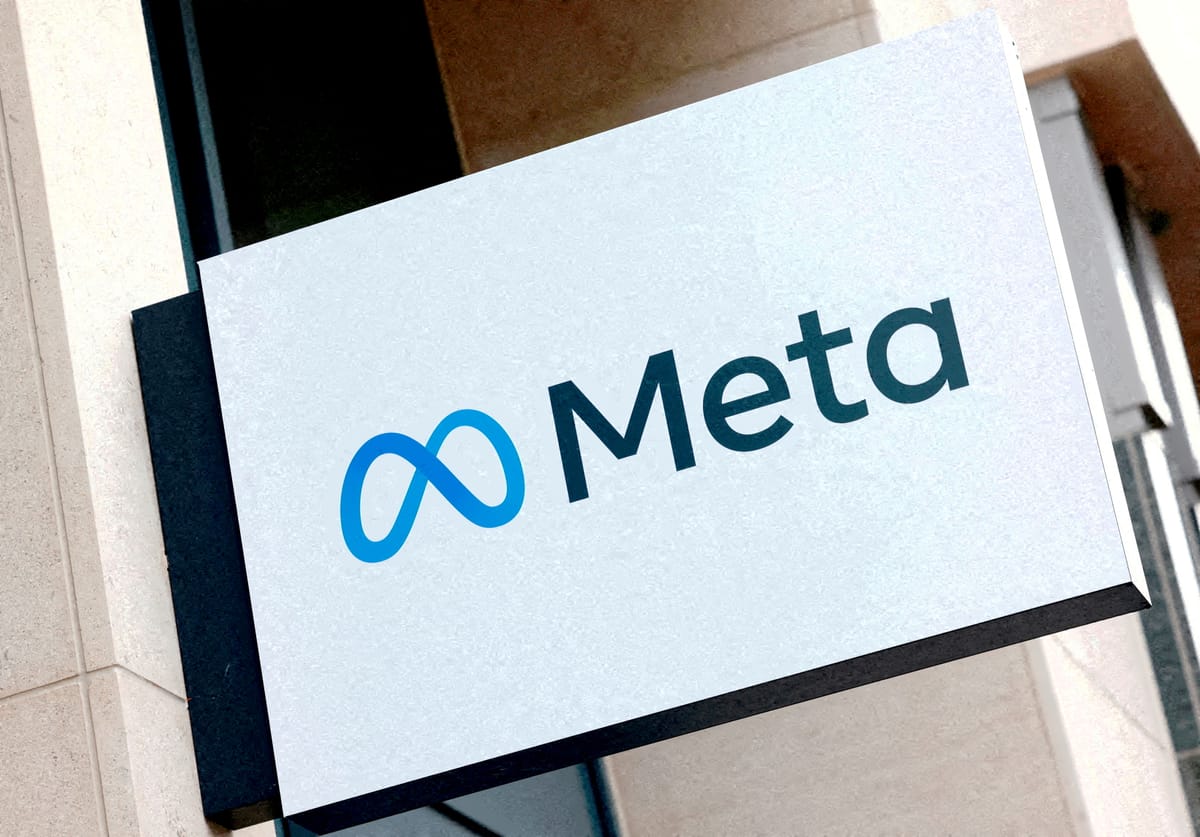The Coalition for Open Digital Ecosystems (CODE) – here’s what you need to know
Several major tech companies have formed the Coalition for Open Digital Ecosystems (CODE) in response to new EU regulations.

A few minutes every morning is all you need.
Stay up to date on the world's Headlines and Human Stories. It's fun, it's factual, it's fluff-free.
The backstory: The EU has been making big moves in tech regulation, especially with the Digital Markets Act (DMA). This law says that if an online platform has over 45 million users, it's a "gatekeeper" because it has a lot of control over data and access to these platforms. The DMA sets rules for these gatekeepers, making them follow specific guidelines for allowing interoperability with third parties, promoting competition and innovation and being more transparent about data. So far, big tech players like Google, Meta Platforms, Apple, Amazon, Microsoft and ByteDance (TikTok's owner) have been named gatekeepers under the DMA. If a company breaks DMA rules, it could face fines of up to 10% of its total global earnings, going up to 20% for repeated offenses.
More recently: Last month, Meta, the company behind Facebook, challenged the gatekeeper labels for Messenger and Marketplace but not for Facebook, Instagram and WhatsApp. TikTok also jumped into the ring, opposing the EU's decision, saying that being labeled a gatekeeper might undermine the DMA's own goal by protecting “actual gatekeepers” from new competitors.
The development: Several major tech companies, including Google, Meta Platforms and Qualcomm, have formed the Coalition for Open Digital Ecosystems (CODE) in response to these new EU regulations. CODE's mission is to back open digital ecosystems to support growth and innovation in Europe. They'll collaborate with academics, policymakers and other firms to implement “digital openness” and ensure compliance with the DMA and any future EU rules. Other notable CODE members include China’s Honor and Lenovo, French startup Lynx, Motorola, UK-based Nothing, Norwegian tech firm Opera and Germany’s Wire. CODE aims to encourage collaboration, advocate for smooth connectivity and push for interoperable systems to enhance digital ecosystems. According to CODE, embracing “openness” is crucial for innovation and competitiveness in the European tech sector.
Key comments:
CODE’s goal is to "work with academics, policymakers and ecosystem companies to provide evidence-based thought leadership on the topic of digital openness and how it can be delivered in Europe, through the implementation of the Digital Markets Act and in future EU regulatory framework developments," according to a joint press release.
"We have had a number of conversations in the past few months about what 'good' looks like when it comes to digital ecosystems in Europe, what fosters innovation and what will positively impact competitiveness. We think openness is the crucial element," said Lynx founder Stan Larroque in a statement.
"This appeal seeks clarification on specific points of law regarding the designations of Messenger and Marketplace under the DMA," said Meta’s spokesman last month. “It does not alter or detract from our firm commitment to complying with the DMA, and we will continue to work constructively with the European Commission to prepare for compliance."
"We accept our designation as a gatekeeper under the Digital Markets Act and will continue to work with the European Commission to meet the obligations imposed on Windows and LinkedIn under the DMA," said a Microsoft spokesperson in November.




Comments ()